Delegate Hoang Minh Hieu - Photo: GIA HAN
On the morning of October 23, giving his opinion in the discussion group on the draft revised Press Law, delegate Hoang Minh Hieu ( Nghe An ) said that the situation of "newspaperization" of magazines has caused some negative aspects in press activities in recent times, raising issues that need to be addressed.
To solve the problem thoroughly, he said that the bill needs to provide specific and clear concepts to distinguish between newspapers and magazines. However, the draft does not meet this requirement. Therefore, he suggested that the drafting committee reconsider and distinguish between the two concepts of newspapers and magazines.
Need support mechanisms for press agencies
Delegate Hoang Minh Hieu emphasized that the issue of press economics is of great concern to public opinion and press agencies.
He raised the issue of the press economy which greatly affects the development of the press. He cited that reporters are paid based on views and clicks, which may lead to a lack of investment in highly specialized articles and affect the press.
In addition, if the press economy is difficult, it can lead to negative issues that have been raised recently. Therefore, he emphasized that this is an issue that needs research solutions to handle.
Also according to Mr. Hieu, regarding State funding for the press, according to current statistics, the State is supporting the press with about 0.5% of the total budget.
"Many people say it's low, but compared to many countries, 0.5% of the total budget is at an average level.
But the way other countries support us is different from ours, and if we support equally, it will be difficult to develop quality press agencies.
Therefore, along with amending the law, there needs to be a way to arrange a suitable press system," Mr. Hieu said.
Regarding tax policy for the press, he said that the National Assembly recently decided to reduce corporate income tax for press agencies, but research is needed to provide further support through tax policy.
He cited some countries that have preferential policies for press agencies in the form of digital subscriptions that will receive tax reductions.
This is to create conditions for online press agencies with good content, operating in the form of subscriptions to be exempted from taxes on revenue from this source. From there, encourage and improve the quality of journalism.
He proposed adding regulations requiring platforms to share press copyright when using press content.
"This is a very good solution, but the new law only provides basic solutions, not specific ones. Meanwhile, the laws of many countries require social networks, especially those with large users, to specifically share their revenue with the press," said Mr. Hieu.
He pointed out the fact that in Canada, platforms with 2 million visitors that use commercial journalistic content must share it with press agencies.
Delegate Bui Hoai Son - Photo: GIA HAN
To let journalism operate as a cultural industry
Delegate Duong Khac Mai (Lam Dong) said that spending about 0.5% of the total regular budget on press activities each year is still low.
He emphasized that the draft law clearly stated that our press "is revolutionary press" so it is necessary to study a mechanism to nurture it to a certain extent, helping press agencies complete political tasks.
Regarding the support mechanism and support level, he said that appropriate calculations are needed, but it is necessary to support agencies to feel secure and wholeheartedly carry out their tasks.
Regarding the press economic model, delegate Bui Hoai Son (Hanoi) said that in the context of our country not having private press, it is necessary to emphasize the mechanism of ordering, bidding for public tasks and public investment with focus linked to the "3 easy" press technical economic standards: easy to understand, easy to apply, easy to implement.
"This will be an important resource to help the press perform its political tasks well, especially in remote areas, islands, and foreign affairs," said Mr. Son.
At the same time, he suggested that the law should also expand the legal framework for forms of association, socialization, and public-private cooperation in the press.
There are breakthrough preferential policies on tax, land, credit access... for press agencies, including with associated partners when organizing cultural events, community activities... Along with that is a strict control mechanism to avoid commercialization, deviating from the principles and purposes.
He suggested that the law should supplement clearer mechanisms and policies so that the press can operate as a cultural industry.
Specifically, from financial mechanisms based on ordering and bidding for public tasks, to allowing cooperation with domestic and foreign organizations and enterprises...
Tuoitre.vn
Source: https://tuoitre.vn/dai-bieu-quoc-hoi-de-xuat-mang-xa-hoi-dung-noi-dung-cua-bao-chi-phai-chia-se-doanh-thu-20251023123929745.htm


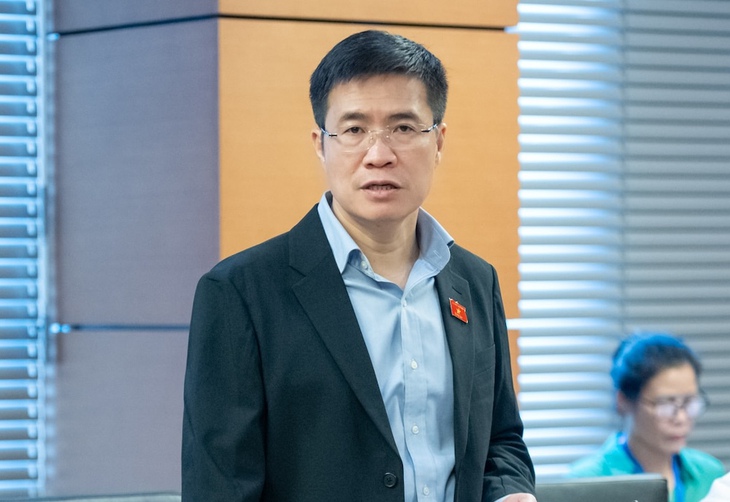
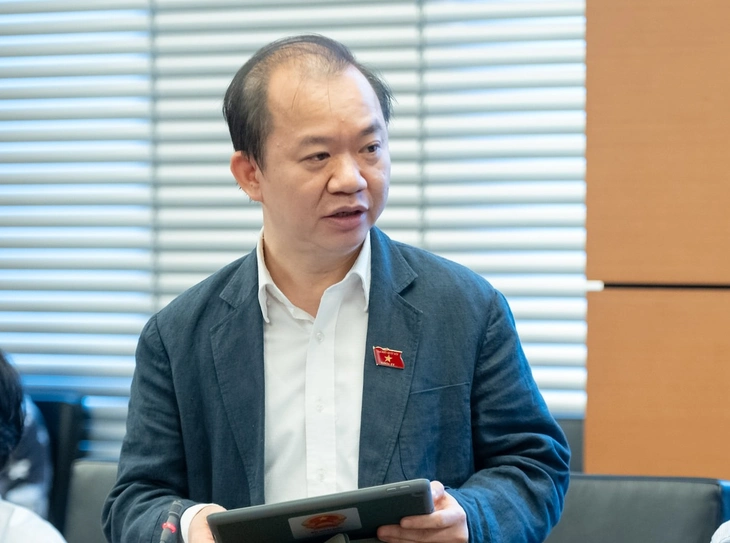
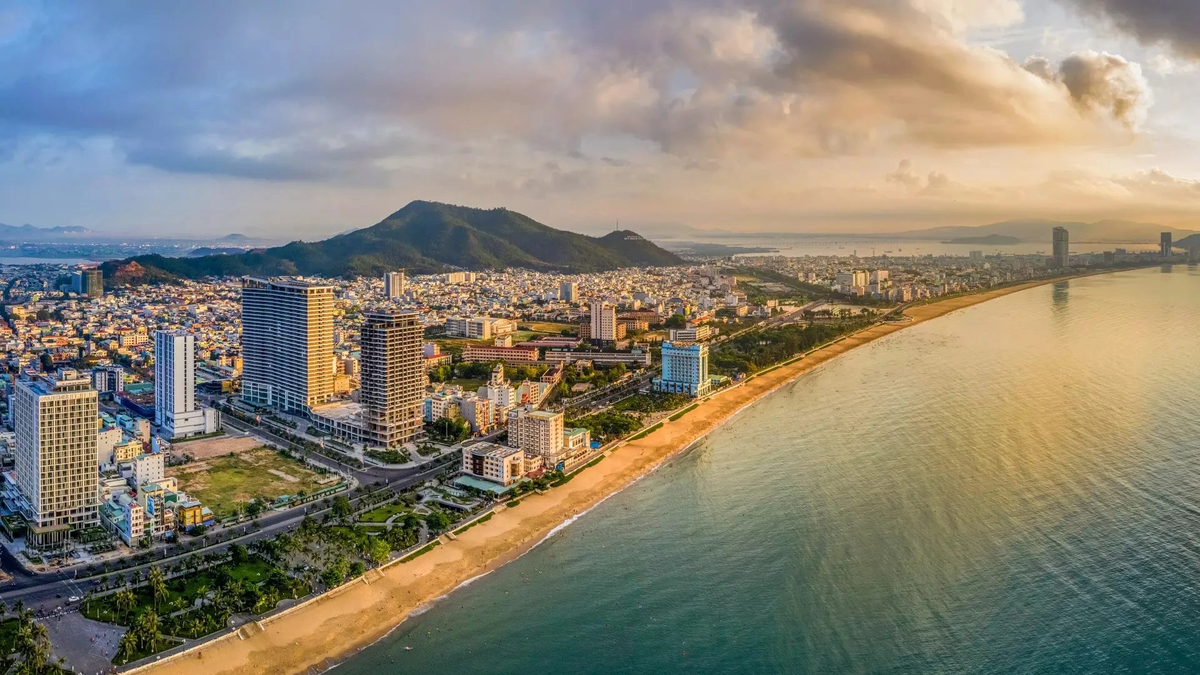



![[Photo] Prime Minister Pham Minh Chinh chairs meeting on railway projects](https://vphoto.vietnam.vn/thumb/1200x675/vietnam/resource/IMAGE/2025/10/23/1761206277171_dsc-9703-jpg.webp)

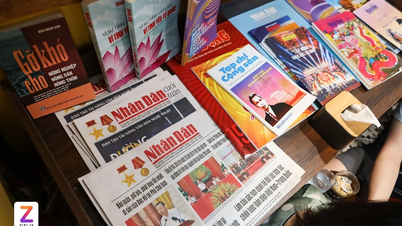

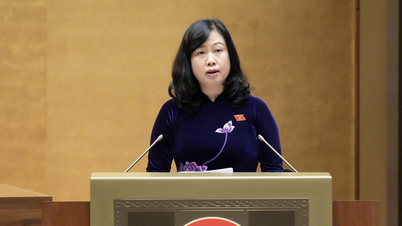

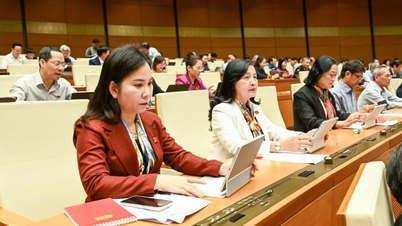

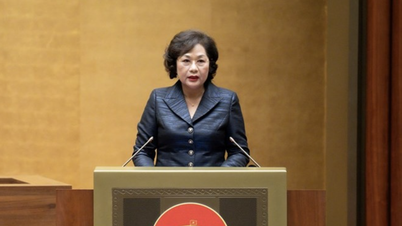

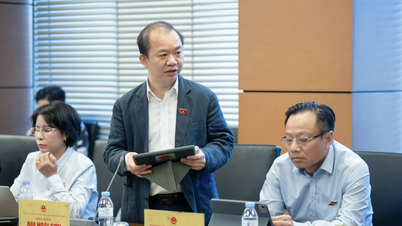

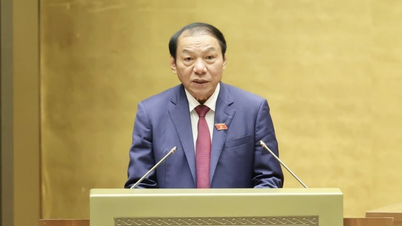

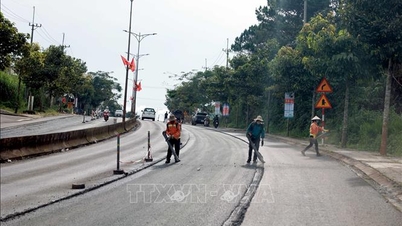

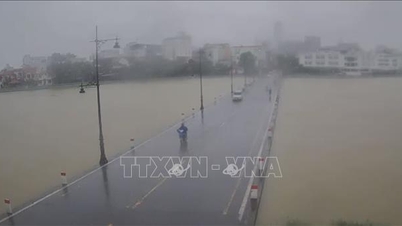
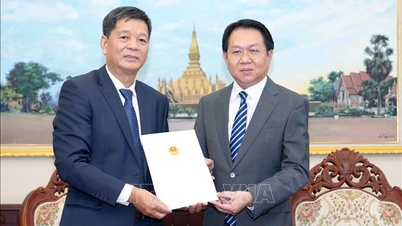
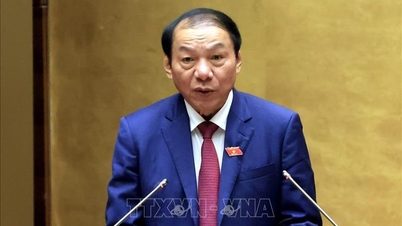
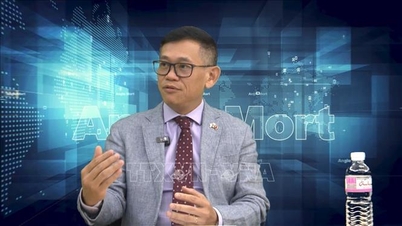
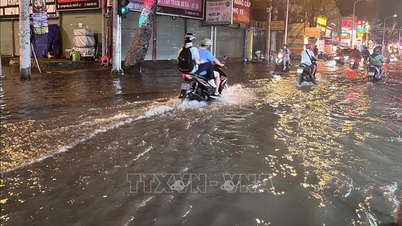





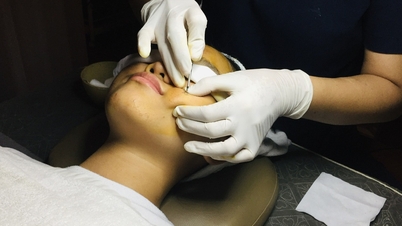
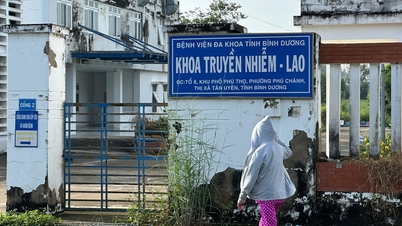
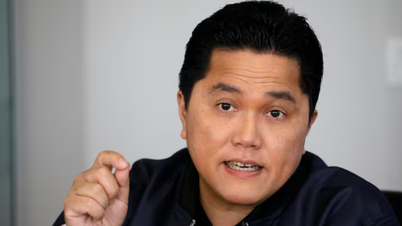
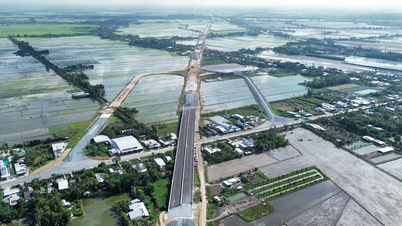
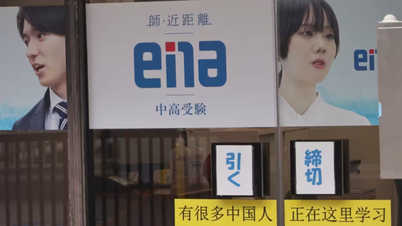





















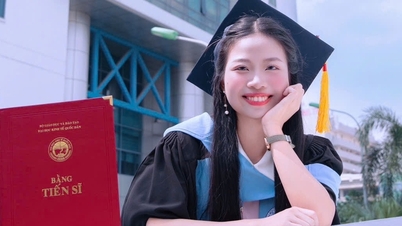















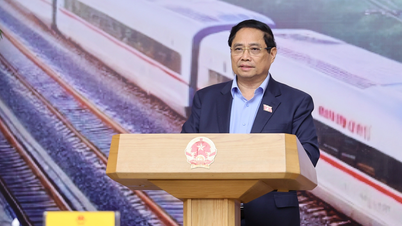

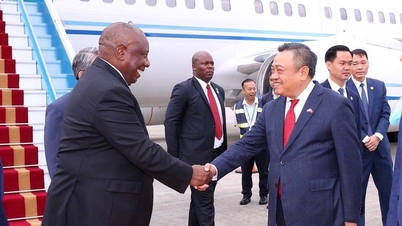


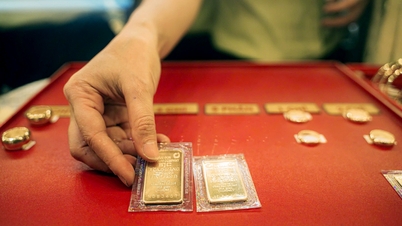





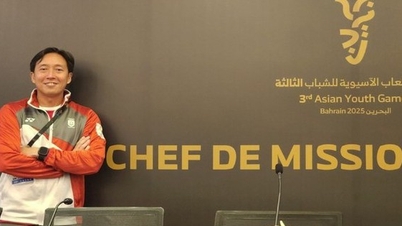
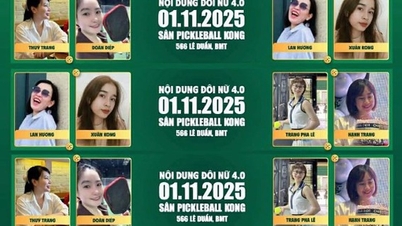
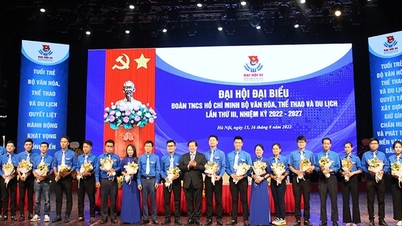
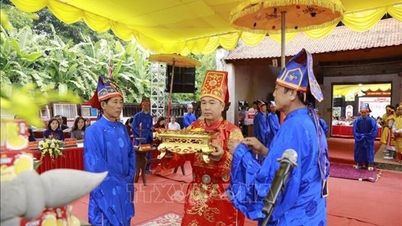

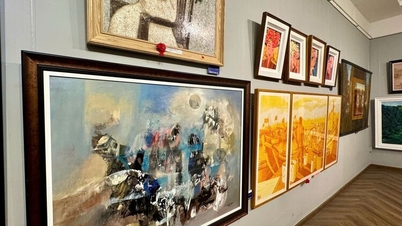
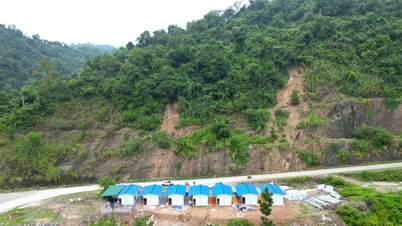

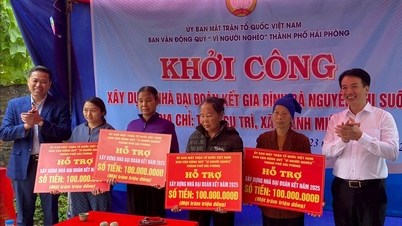

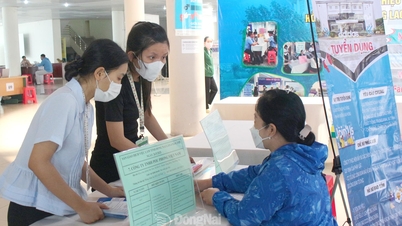
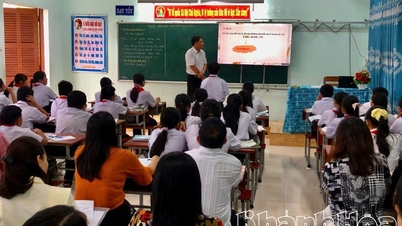













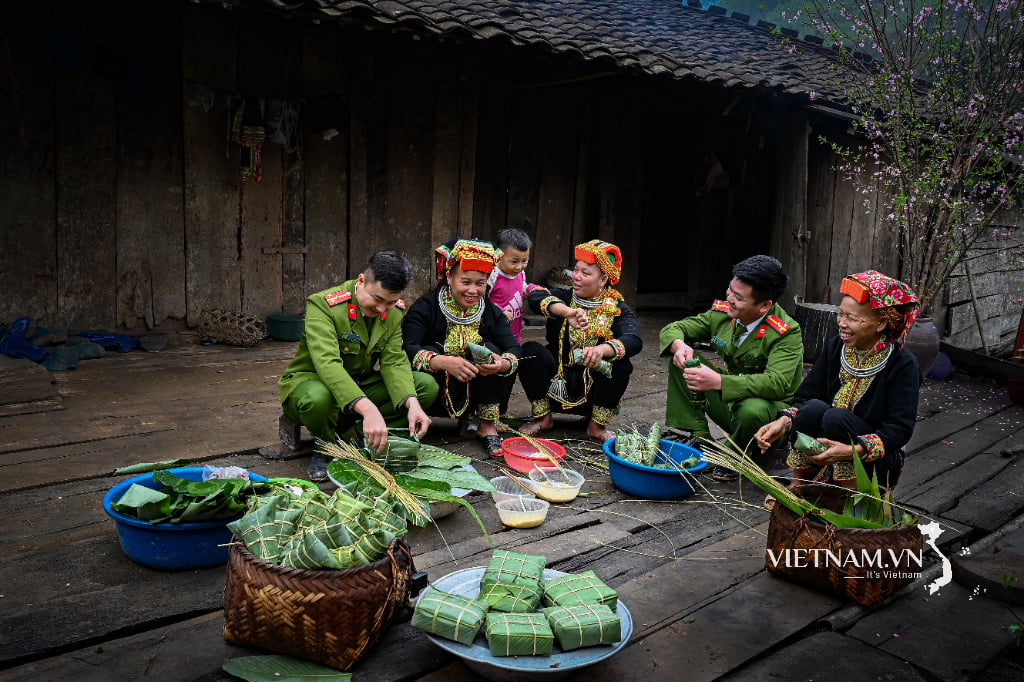

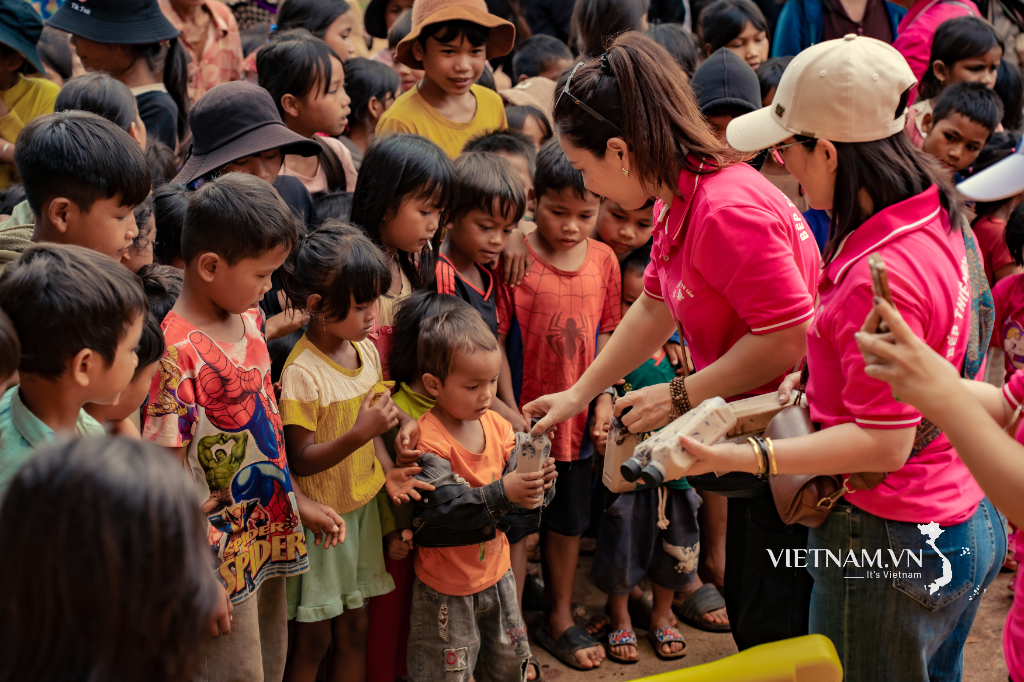
Comment (0)